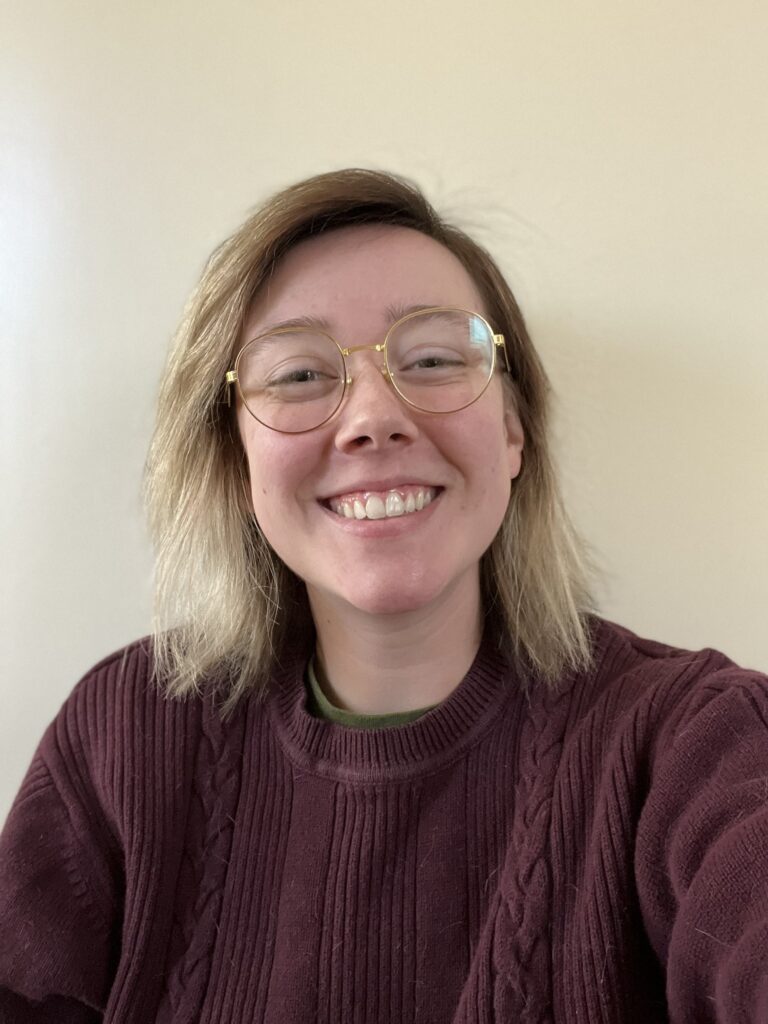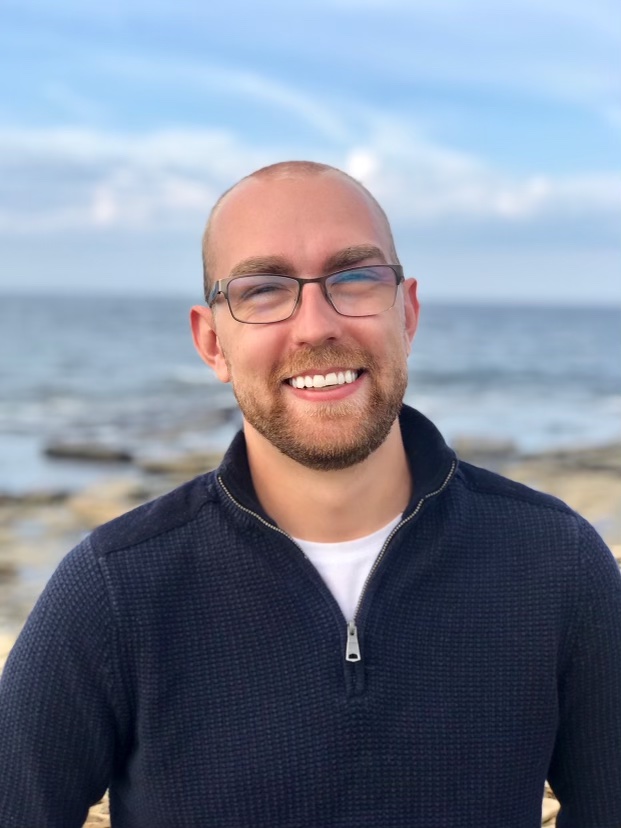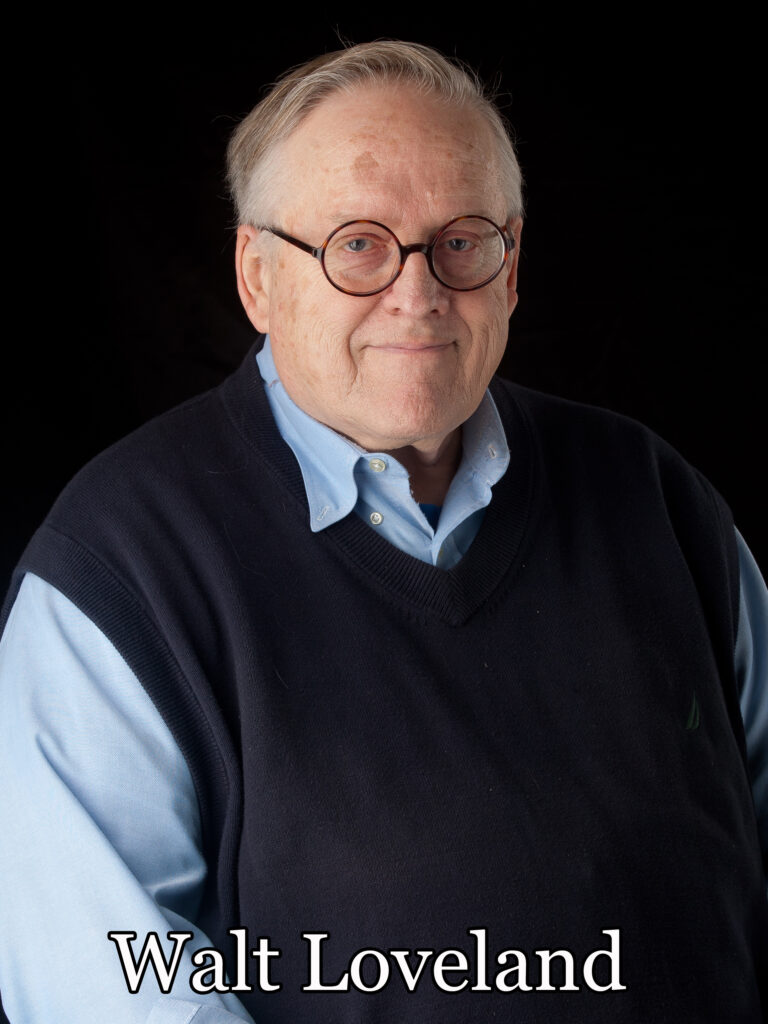The Science Lab Preparator position is now posted and is live on the OSU job portal, viewable at https://jobs.oregonstate.edu/postings/125426.
Category Archives: News Briefs
Development Engineer at OSU
Development Engineer, the Department of Chemistry at Oregon State University invites applicants for a part-time (.15 FTE), 12-month Development Engineer for the Chemistry Electronics Shop. Hourly wage range is $24.83 – $38.00 per hour, based on experience. The Development Engineer provides support in maintenance, repair, materials, and calibration of scientific instruments in the instructional and research laboratories for Oregon State University, Chemistry Department and other departments within the University. To review posting and apply, go to https://jobs.oregonstate.edu/postings/125406 Closing date is September 30, 2022.
OSU commits to inclusive excellence by advancing equity and diversity in all that we do. We are an Affirmative Action/Equal Opportunity employer, and particularly encourage applications from members of historically underrepresented racial/ethnic groups, women, individuals with disabilities, veterans, LGBTQ community members, and others who demonstrate the ability to help us achieve our vision of a diverse and inclusive community.
David Ji, et al. receives grant from Basic Energy Sciences, DOE
Project title: “Understanding the Interfaces for High-Energy Batteries Using Anions as Charge Carriers”
PI: Xiulei “David” Ji, Co-PIs: De-en Jiang (Vanderbilt), Chunsheng Wang (Univ. Maryland), Quinton Williams (Howard).
The team works on an alternative Li-ion battery technology. If successful, the new battery technology will provide a safer option for a longer driving range of electric vehicles. The new batteries do not rely on the depleting cobalt and nickel for the cathode materials, which will be more sustainable and of lower cost. The primary difference is that this new battery will use light anions as charge carriers for the operation of its high-capacity cathode materials. The three-million-dollar project from 2022 to 2025 is funded by the program of Basic Energy Sciences of the Department of Energy, and OSU’s portion will be $840,000.
New Faces 21-22 – MacKenzie Boyd

Please help us give a hearty welcome to MacKenzie Boyd, the Chemistry Departments new ECampus/Undergraduate Coordinator. They started working remotely in February because they are originally from Cincinnati, Ohio, and needed to move cross country to join us here in the office. MacKenzie says they spent most of their life in Cincinnati, but also did a brief stint in Germany when they were a child.
MacKenzie describes their family as, “the most awesome and amazing people.” Their parents are living in Ohio and both retired, so are spending all their time having adventures and enjoying life. They have a sister in New York City, that they are tempting to move to the West Coast, and two cats who moved out here with them.
They’ve always wanted to work in an academic setting, and when they interviewed with the department, MacKenzie says everyone was very kind and welcoming. So, they took the position. Their job duties include, helping students with overrides, working with professors on miscellaneous projects, and being the main scheduler for the department. When asked what they liked most about their new position, MacKenzie responded, “The people! I get to work with some very funny, kind, and passionate folks.”
As scary as a cross country move can be, MacKenzie is very happy with their decision to move to the West Coast. “Oregon has been an absolute dream. I love the weather, the towering trees and mountains, the beach, and the outdoorsy culture here.”
Outside of work, MacKenzie is very outdoorsy. In Ohio, they volunteered with birds of prey (hawks, owls, vultures, and even a bald eagle named Eli). Although they haven’t found that outlet here as of yet, MacKenzie has many hobbies that they tend to switch between. Currently, they are learning to crochet. MacKenzie is also fascinated by bears, and bets they could teach you a thing or two about them. For example, did you know bear cubs purr when they’re happy, just like cats? They also said if they could have any superpower, it would be to speak with plants and animals. They’re pretty sure they and the cats would come up with some really funny inside jokes.
New Faces 21-22 – Addison Desnoyer

Dr. Addison Desnoyer joined our Department in July 2022 at the rank of Assistant Professor. The Department is thrilled to have a new colleague and can’t wait to see how his research grows. Addison was born and raised in beautiful Kelowna, a city about the size of Eugene, in the Okanagan Valley in Central British Columbia, Canada. About 560 miles northeast of Corvallis (or 900 km, if you are Canadian).
He’s been lucky enough to have been joined on his career odyssey by his wife, Caroline Hedge. “We met during our undergraduate studies when I made her a liquid nitrogen Freezie at her freshman orientation.” They recently had their first child, Stanley, who is currently just over six months old and has been teething for most of that time. They also have a 9-year old cat named Kitty, a 7-year old Shetland Sheepdog named Whiskey, and a 4-month old kitten named Sam, “so our house is pretty hectic lately!”
When Addison entered the academic job market last year, OSU was at the top of his list for a huge number of reasons. For starters, the resources, and facilities that OSU offers for researchers are excellent. OSU is the kind of place that gives students all the tools they need to be really successful in their research endeavors. Another important reason why he joined OSU is that the values of the Department of Chemistry align very well with his own. The Department is authentically striving to improve regarding Equity, Diversity and Inclusion (EDI) initiatives, as well as delivering an exceptional undergraduate program with significant research opportunities.
He attributes his pursuing Chemistry to a long list of amazing advisors and mentors and says they’ve each played a part in his desire to pursue a career in chemistry. Addison said he didn’t take a single chemistry class his last two years of high school, and started university as a Biology major, and it wasn’t until he took a few second-year classes taught by some really dynamic and exciting chemistry professors that he became interested in the area of study. He remembers fondly his first postdoctoral advisor, Prof. Ian Tonks at the University of Minnesota, who showed him the positive impact that someone can have in this job as an excellent researcher, a supportive advisor, and compassionate person.
Addison feels the most meaningful experiences he’s had in his career so far, have been watching the growth of his mentees. “My first real taste of it was when, as a young graduate student, the undergraduates I had been supervising started to be able to perform complex manipulations in lab without any help from me. Then, they started to suggest new and original experiments to do all on their own! I’m old enough now that I’ve been able to watch many of my former students go off to grad school, earn advanced degrees, publish exciting papers, and land good jobs in both academia and industry.”
Personally, Addison feels that science should always be working towards making the world a better place than it was before. Especially as researchers at a public university, most of the money that pays for salaries and buys reagents and instruments comes from taxpayers and donors. “Thus, I think it is very important to show the general public the kinds of problems we are trying to solve and how the methods we develop in the lab will have tangible effects on everyday life.” This belief coincides well with his teaching philosophy, in believing that everyone, regardless of their background or experience, deserves an opportunity to learn about science. The scientific method teaches us to think critically and rationally about the world, and how to logically approach complex problems. “These skills are also incredibly valuable outside of the classroom.”
When not performing Synthetic Chemistry in his research lab, Addison and his wife love to garden. They especially enjoy growing their own food, which, Addison says, “is another perk of living here in the Willamette Valley.”
Sp22 Undergraduate of the Quarter – Sullivan Bailey-Darland
Sp22 Undergraduate of the Quarter – Carlo Schettini Mejia
Walt Loveland: Receives grant from SSAA

The Stewardship Science Academic Alliances (SSAA) program is a grant program under the National Nuclear Security Administration (NNSA) that aims to safely and effectively manage the United States’ nuclear weapons stockpile and fund research relating to the nuclear sciences. These funding opportunities help maintain national security and contribute to long-term nonproliferation goals.
Dr. Walter Loveland, Emeritus professor in the Department of Chemistry at Oregon State University, is the recent awardee of a 3 year SSAA contract for $441,000. Dr. Loveland is well known in the field of nuclear chemistry, and much of his research focuses on fusion reactions used to synthesize superheavy elements and the neutron induced fission processes of radioactive elements.
This SSAA contract will help provide actinide samples to measure the total kinetic energy release in the fast neutron induced fission of several selected nuclei, such as Americium-241, Americium-243, and Curium-248. The total kinetic energy release is an important metric as it constitutes most of the energy produced during fission, and so this work will give us insight into the energetics and interactions inside certain fission reactions.
The department is indebted to Dr. Loveland’s sustained contribution over the years, and congratulates him for his continued success in research and service. Walt, you make us proud!



